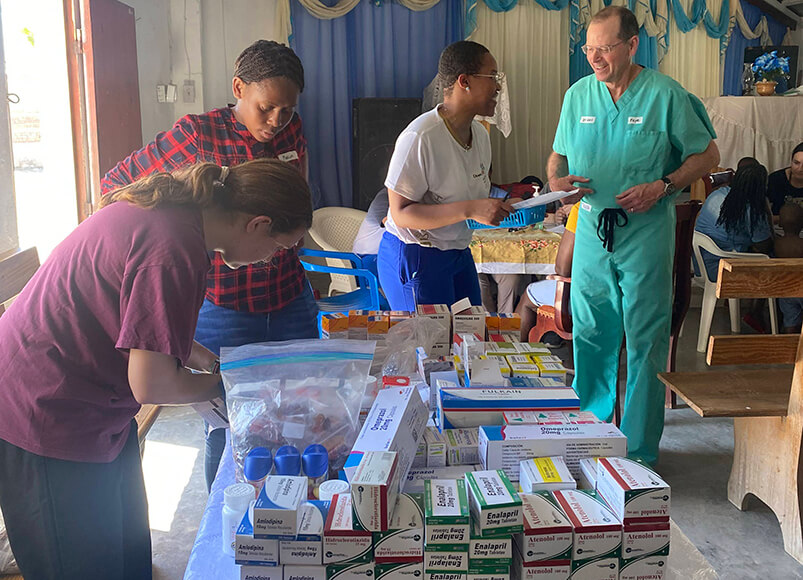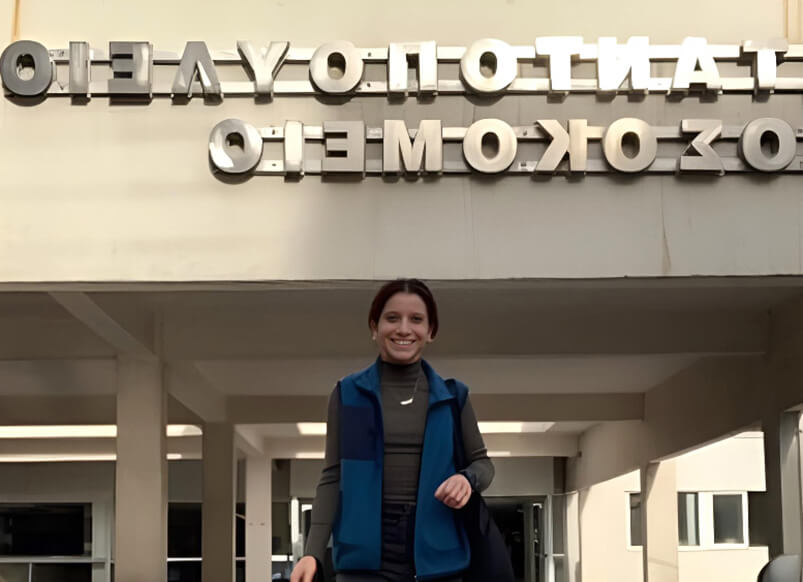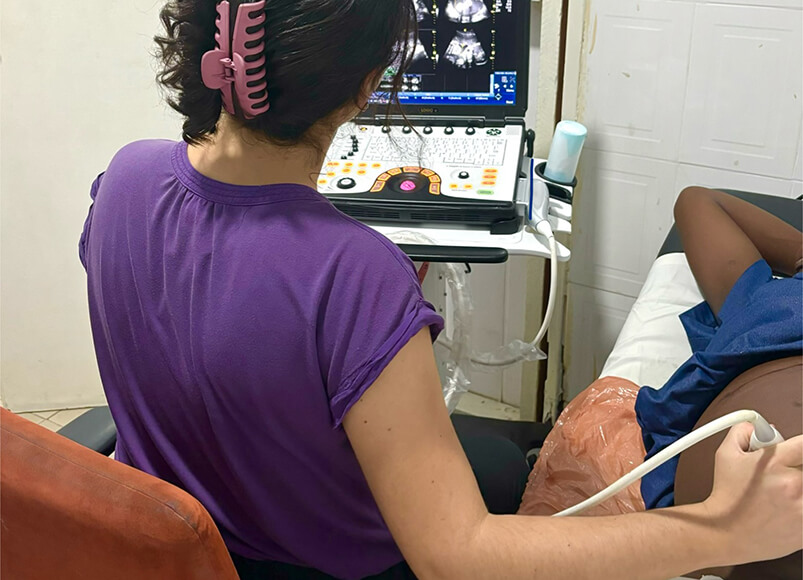Global health aims to improve health for individuals around the world in a interdisciplinary fashion. The focus of this approach is to understand emerging health challenges – that are driven by social, cultural, economic and environmental factors – that can contribute to health inequities.
To prepare and educate the next generation of learners, Wake Forest University School of Medicine offers its medical students the opportunity to apply for the Global Health Certificate Program. This longitudinal curriculum certificate program provides students with a better understanding of the interdisciplinary nature, transnational issues, and determinants of global health. The program is led by Avinash K. Shetty, MD, associate dean of the Office of Global Health and professor of pediatrics - infectious diseases.
 |
“The Global Health Certificate Program has provided me with a unique opportunity to dedicate time to my interests in international health care. The seminars cover a wide variety of topics, from fetal-maternal medicine in Rwanda to the care of immigrant populations in the United States.” – Elsa Katarina Acosta, third-year medical student |
Through this program, students are equipped to build a foundation of knowledge that will serve to advocate for and promote innovative approaches to solving complex global health problems so that individuals can be healthy and live productively. Students that participate are provided with faculty-mentored field experiences across the country and abroad. This prepares students with the developmental skills for future work in global health through experiential learning opportunities.
The global health longitudinal curriculum consists of 20 seminars that are taught by faculty from various departments at the School of Medicine and coordinated and implemented by the Office of Global Health. Approximately one seminar per month is planned over a period of 20 months. Visiting international scholars from affiliate sites may also deliver guest lectures. Additionally, students must complete a faculty-mentored scholarly capstone project that integrates aspects of global health that impacts low-and middle-income country populations or populations in need in the United States. Affiliate faculty in the Office of Global Health have expertise in key global health priority areas ranging from emerging/remerging infectious diseases, non-communicable diseases, environmental health issues to immigrant and refugee health.










